Plant Trees

Happy Earth Month! Be the Change: Plant trees
About
Stay up to date on major announcements, exciting collaborations, and more.Visit our Newsroom
We make it simple for anyone to plant trees, and together we can make an incredible impact. Learn more
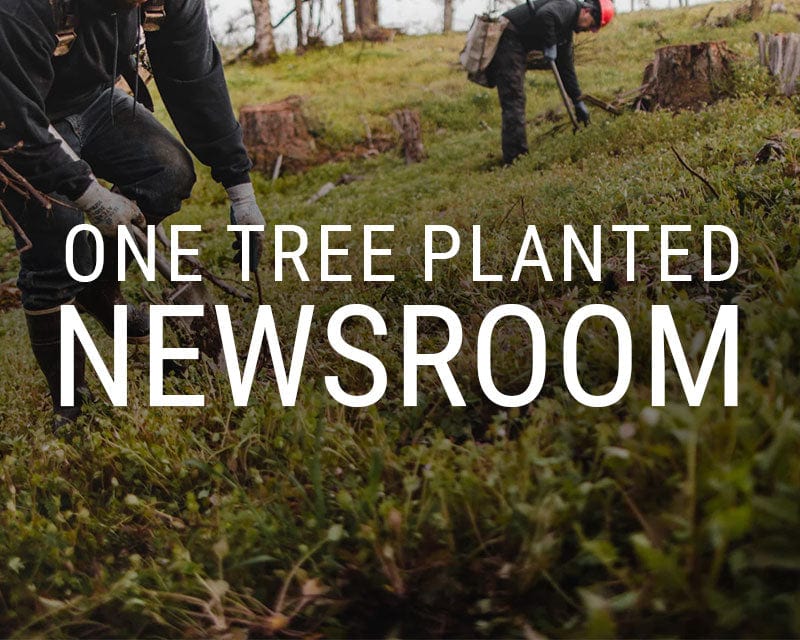
Stay up to date on major announcements, exciting collaborations, and more.Visit our Newsroom

We make it simple for anyone to plant trees, and together we can make an incredible impact. Learn more
Get Involved
Become a business partner to improve your company’s sustainability initiatives and make an impact. Learn more
See how your support and leadership can help us fund reforestation efforts across the globe. Learn more

Become a business partner to improve your company’s sustainability initiatives and make an impact. Learn more
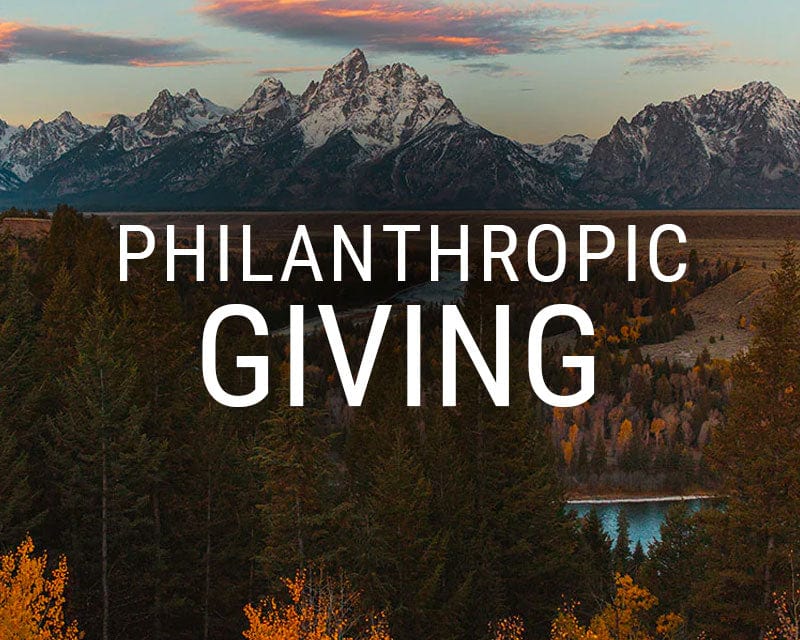
See how your support and leadership can help us fund reforestation efforts across the globe. Learn more
Learn
Read about stories from the field, interesting facts about trees and get your healthy dose of nature. Visit our blog
Comprised of lesson plans, learning modules, resources, and activities, our T.R.E.E.S. School Program is the perfect addition to your curriculum. Learn more
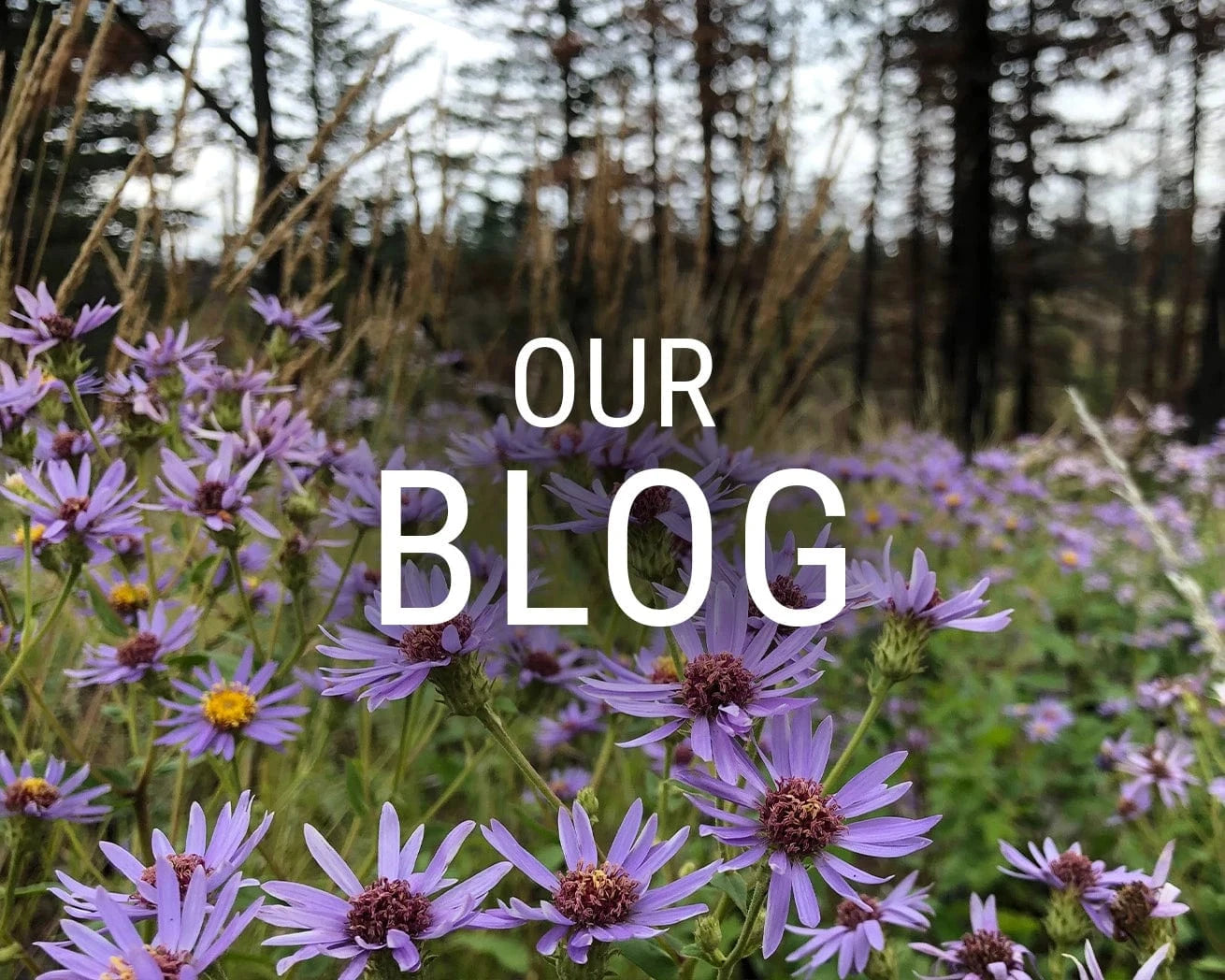
Read about stories from the field, interesting facts about trees and get your healthy dose of nature. Visit our blog
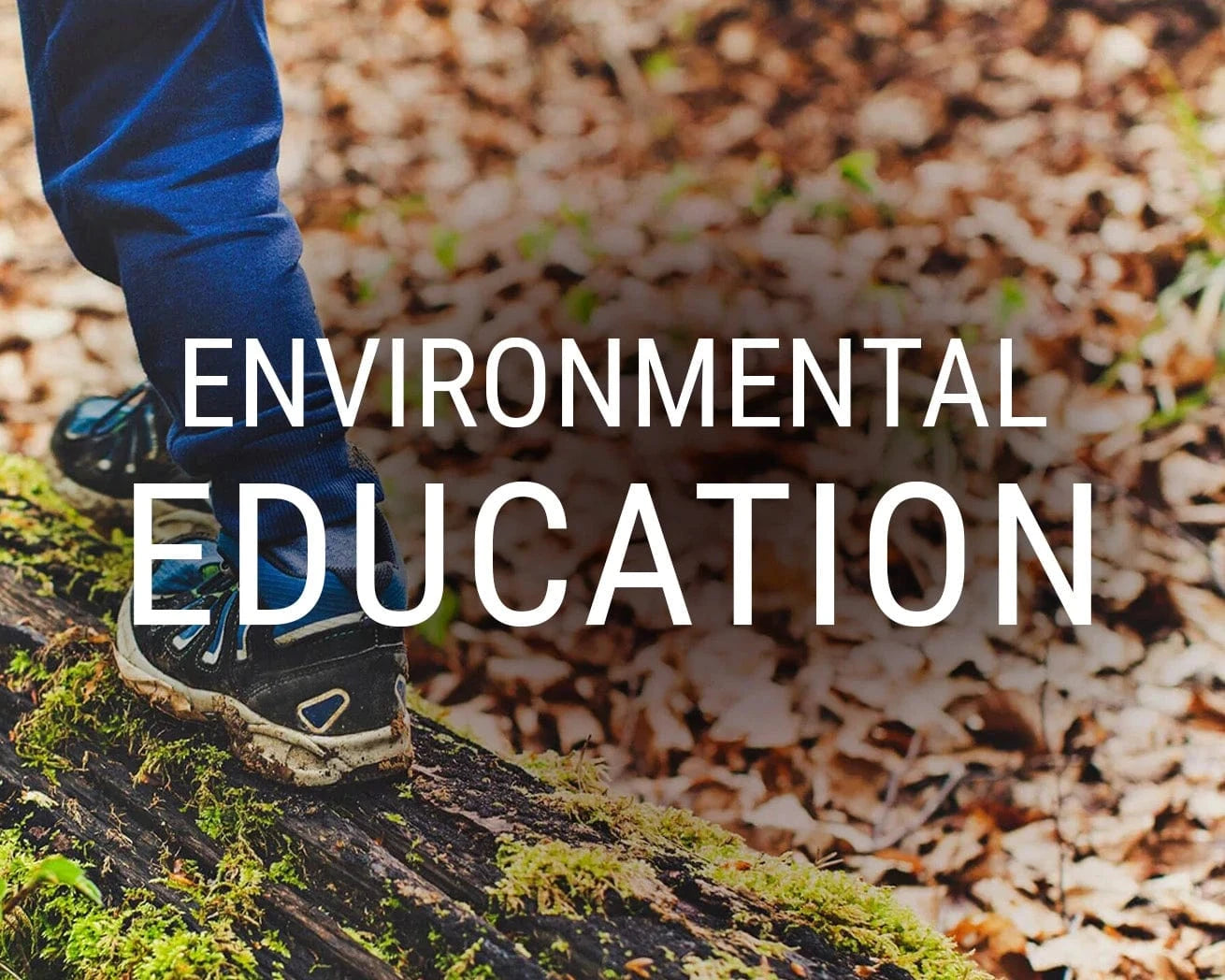
Comprised of lesson plans, learning modules, resources, and activities, our T.R.E.E.S. School Program is the perfect addition to your curriculum. Learn more
Shop
Our fan-favorite Reforestation T-Shirt. Wear it with pride to show your support of reforesting our planet, one tree at a time. Shop now
Give the gift that lasts a lifetime! Choose an image, write your personalized message and select a delivery date to gift a tree. Gift a tree
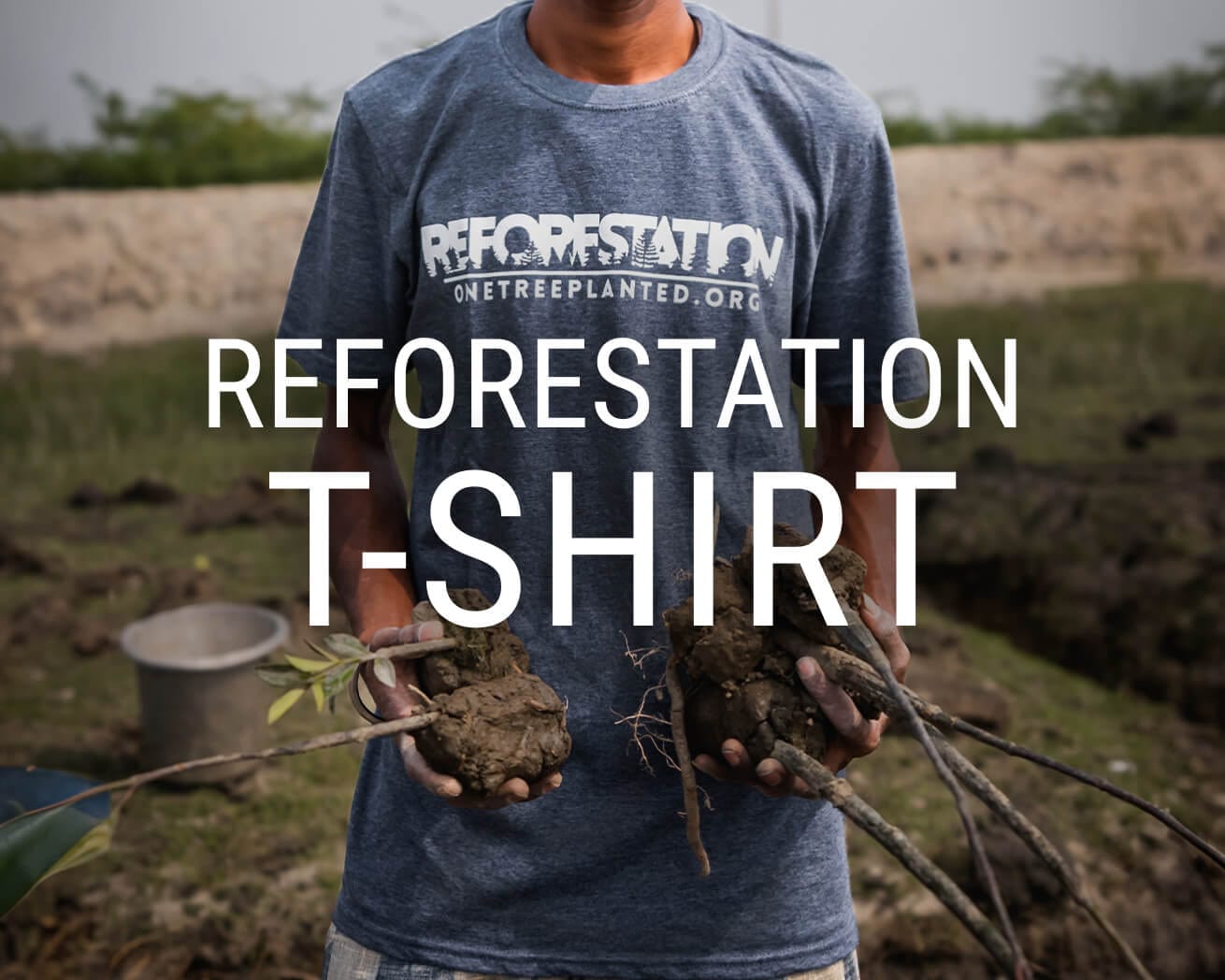
Our fan-favorite Reforestation T-Shirt. Wear it with pride to show your support of reforesting our planet, one tree at a time. Shop now
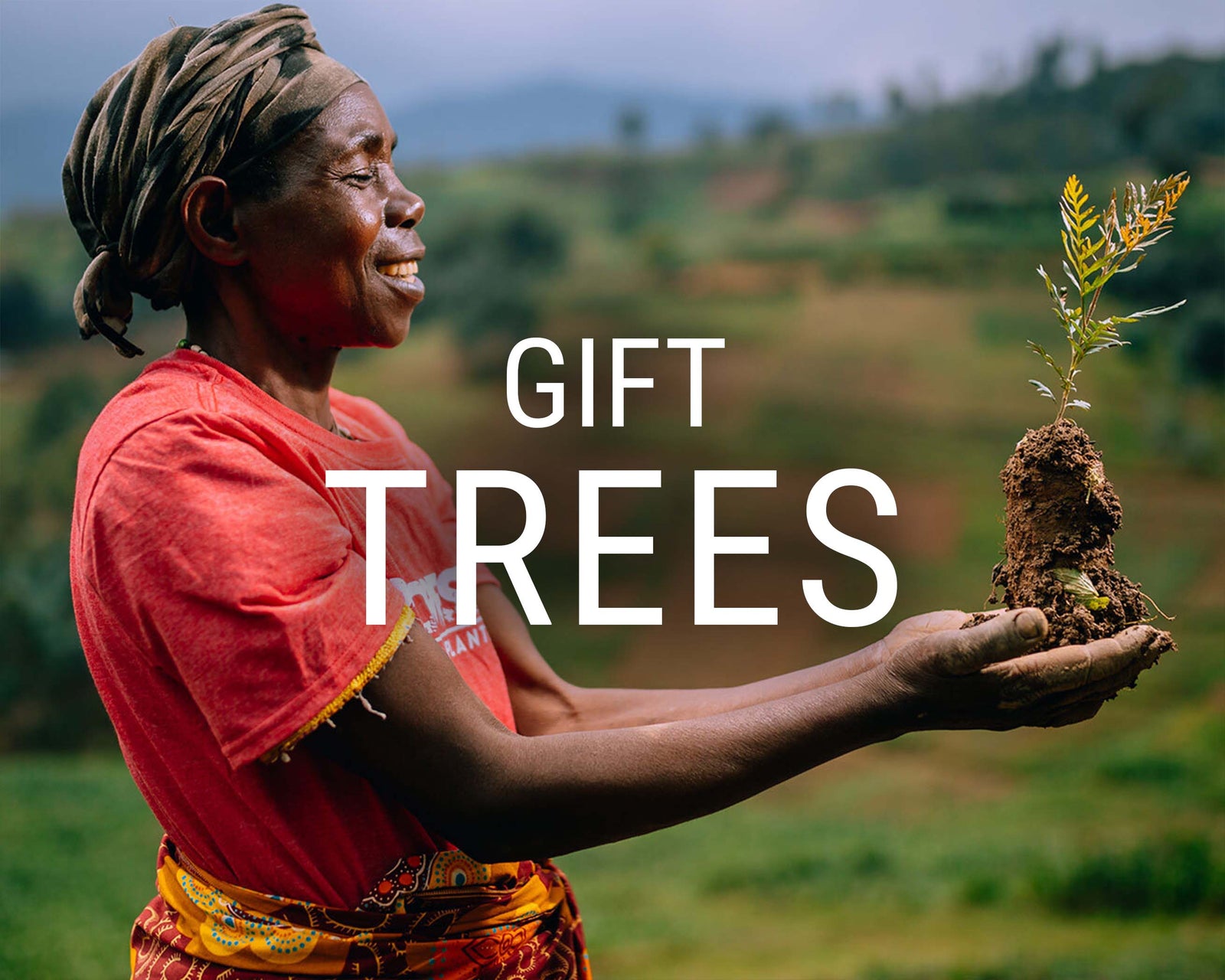
Give the gift that lasts a lifetime! Choose an image, write your personalized message and select a delivery date to gift a tree. Gift a tree
Get Involved
Plant Trees
Get news, updates, & event Info delivered right to your inbox:
How Palm Oil Is
Palm Oil has been getting a lot of attention lately as it is a primary driver of deforestation in tropical countries like Indonesia and Malaysia. Read on to get a quick overview of the story behind palm oil deforestation and the major players involved.
WHAT is palm oil?
Palm oil (elaeis guineensis)is a vegetable oil that is extracted from palm oil trees and has many commercial uses, ranging from edible vegetable oils and personal care products to biofuel and more.
There are actually two different types of oils that can be extracted from from palm oil trees. Crude palm oil is produced by processing the flesh of the palm oil fruit. Kernel palm oil on the other hand, comes from the kernel of the fruit.
Palm Oil TREE: where does palm oil come from?
Oil palm (Elaeis guineensis) trees are a tree species native to eastern Africa, as the region offers the best conditions for the oil palm to flourish.
Today, oil palm is also grown throughout Asia and in some parts of North America and South America — in areas that, like Western Africa, get a ton of rain. In fact, 85% of palm oil today is grown and produced in Indonesia and Malaysia.
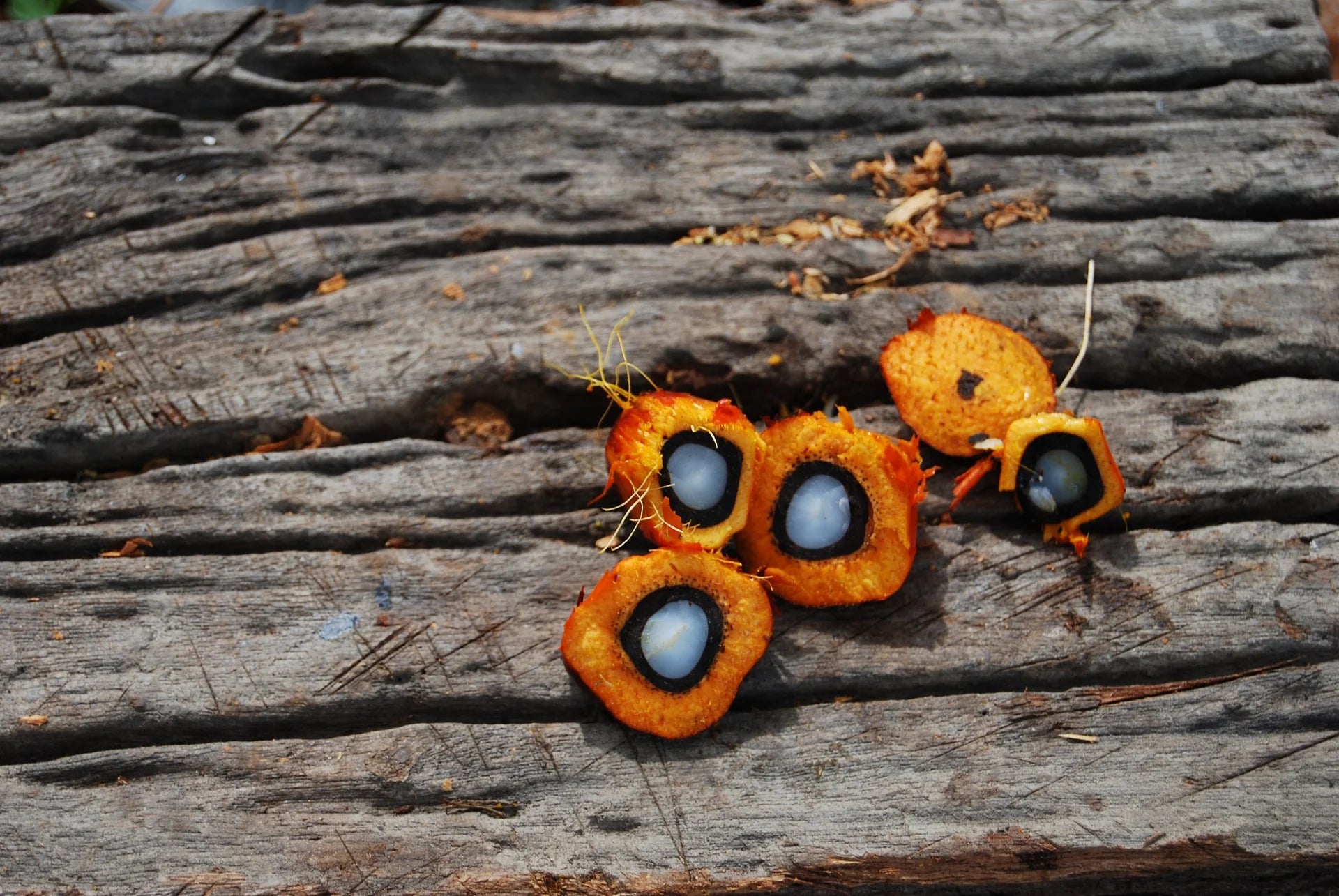
WHAT is palm oil used for?
Today, palm oil can be found in an extensive range of products, everything from prepackaged cookies and chocolate, to cosmetic and beauty products like lipstick and deodorant.
Similarly to coconut oil, palm oil is semisolid at room temperature and is a staple cooking oil in many parts of the world, especially Africa and Southeast Asia.
Palm oil's widespread use is likely tied to its low production costs, as oil palm trees are a very efficient crop (high quantities of palm oil can be produced for small land areas). Not only that, but palm oil is naturally resistant to oxidation, which means it can help to extend the shelf-life of many products.
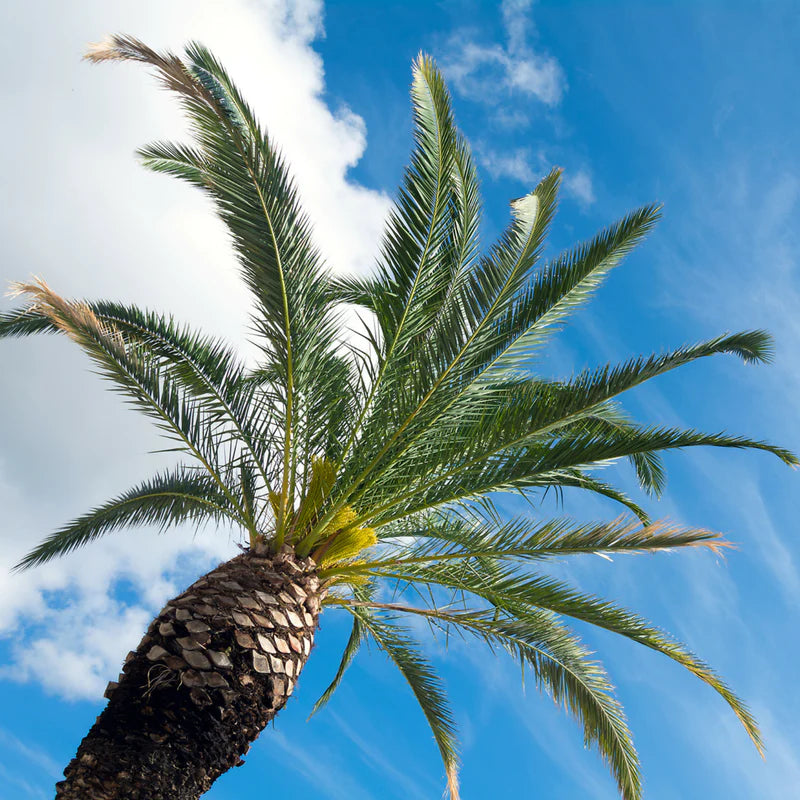
Palm Oil and Deforestation
The demand for oil palm end-products has increased rapidly in recent decades, establishing its as a ubiquitous ingredient in 40-50% of household products. In fact, it can be found in everything from baked goods and ice cream to cosmetics, cleaning detergents, air fresheners and toothpaste.
Because of this, it's estimated that around 50 million tons of palm oil are produced annually, accounting for over 30% of the world’s vegetable oil production. In fact, the average US, Canadian, Australia, and UK citizens consumes over 10kg annually!
But the production of this very useful product comes with a price, as the environmental impacts have become apparent. The United Nations Environment Program (UNEP) has declared that oil palm production is a major driver of deforestation and habitat degradation.
As a result, concerned environmentalists are asking that we boycott unsustainably grown palm oil — and the products that contain it.
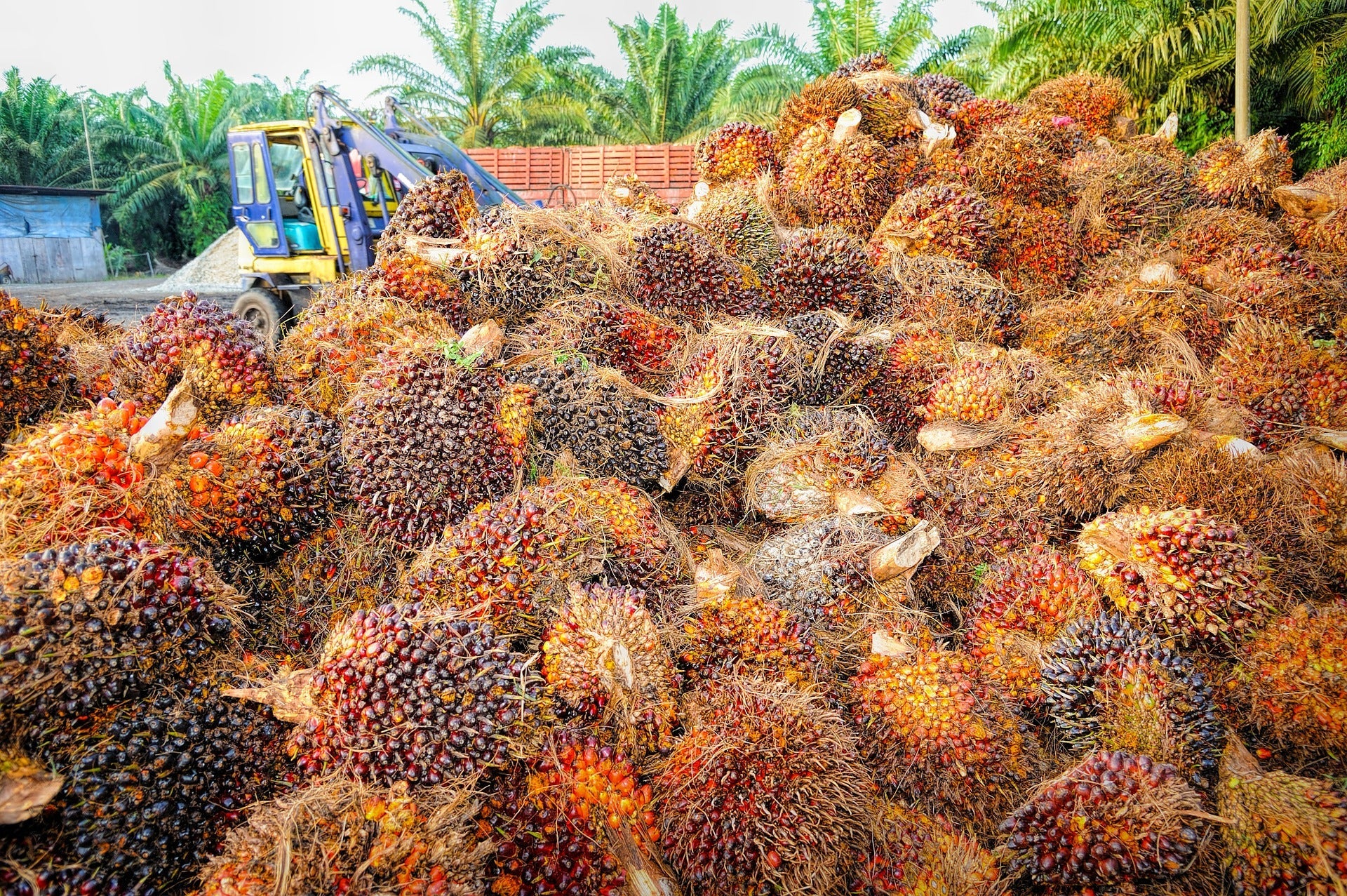
Sustainable Palm Oil
Sharon Smith, campaign manager for the Union of Concerned Scientists (UCS), urges companies to source sustainable, deforestation-free palm oil. If enough companies do this, it will eventually transform the entire supply chain, reducing the amount of environmentally destructive palm oil that shows up in our food.
- Does not contribute to deforestation
- Isn’t grown on deforested peatlands
- Does not violate human rights
These simple requirements will pressure oil producers in the major oil palm producing countries to provide a better product.
Notably, multinational food giants like Kellogg, Hershey, Nestle, and the Delhaize Group, which are some of the largest palm-oil consumers, are already demanding better practices in an industry known for burning forests and violating human rights.
In turn, two of the world's largest palm oil suppliers—Golden Agri-Resources and Wilmar—have made similar commitments for the palm oil they sell, which is great! However, other companies like Dunkin’ Donuts, McDonald's, Proctor & Gamble, and Colgate-Palmolive aren't quite as committed to making sure that the palm oil they buy is traceable, deforestation-free, and peat-free.
We will continue to keep an eye on this topic and update you as new developments arise. Feeling bummed about all of the unsustainable palm oil you've inadvertently consumed? Check out our blog post on how to adopt a more sustainable diet and consider planting a tree with us today!
Get news, updates, & event Info delivered right to your inbox:
Meaghan Weeden
Meaghan works to share our story far and wide, manages our blog calendar, coordinates with the team on projects + campaigns, and ensures our brand voice is reflected across channels. With a background in communications and an education in environmental conservation, she is passionate about leveraging her creativity to help the environment!
Related Posts
Planting Trees in Mexico for Monarch Butterfly Habitat
18/04/2024 by Meaghan Weeden
Everything You Need to Know About Photosynthesis
16/04/2024 by Gabrielle Clawson
Among Climate Change Solutions, Where Does Reforestation Fit?
11/04/2024 by Meaghan Weeden
Popular On One Tree Planted
5 Causes of Deforestation
15/02/2024 by Meaghan Weeden
Inspirational Quotes About Trees
23/01/2024 by Meaghan Weeden
How to Reduce Waste: 21 Ideas for Zero Waste Living
16/01/2024 by Meaghan Weeden





